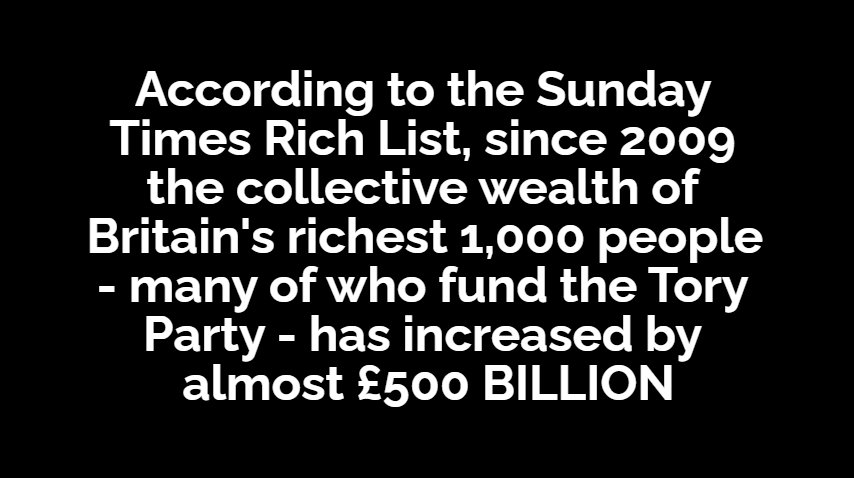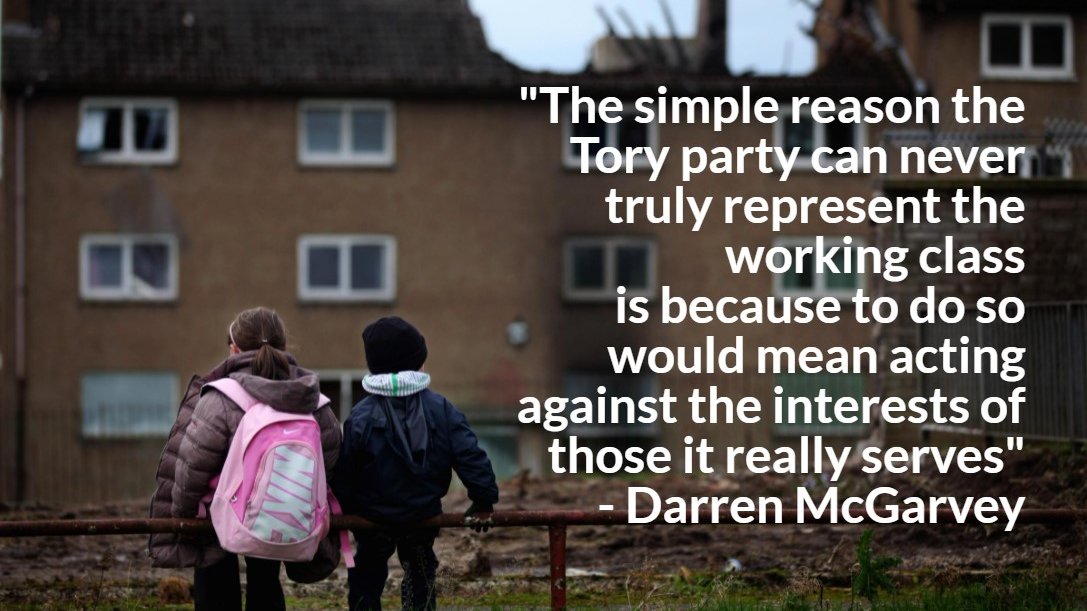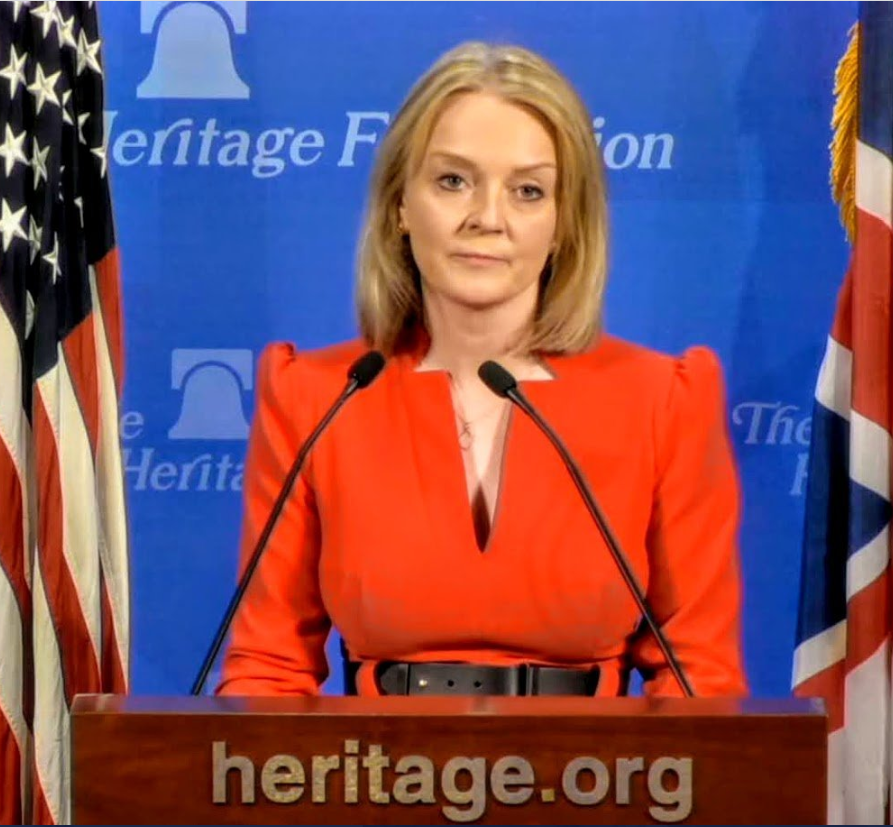#THREAD
Seriously, in a fair society, how much wealth should wealthy individuals be able to accumulate, hoard, & hide offshore?
And how much income tax should they pay?
A short history of how income tax rates in Britain have changed over the years... 🇬🇧
#TaxTheRich



Seriously, in a fair society, how much wealth should wealthy individuals be able to accumulate, hoard, & hide offshore?
And how much income tax should they pay?
A short history of how income tax rates in Britain have changed over the years... 🇬🇧
#TaxTheRich
https://twitter.com/docrussjackson/status/1660251217543544832




Income tax was first implemented in Great Britain by William Pitt the Younger in his budget of December 1798 to pay for weapons and equipment in preparation for the Napoleonic Wars.
Pitt's new graduated ('progressive') income tax began at a levy of 2 old pence in the pound on incomes over £60 (£6,719 as of 2021), & increased up to a maximum of 10% on incomes of over £200. Pitt hoped this would raise £10M, but receipts for 1799 totalled just over £6M.
Pitt's income tax was levied from 1799 to 1802, when it was abolished by Henry Addington, who had become PM in 1801. The income tax was reintroduced by Addington in 1803 when hostilities recommenced, but it was again abolished in 1816, one year after the Battle of Waterloo.
In 1841 Sir Robert Peel became PM. Although he had opposed the unpopular income tax during the campaign, an empty Exchequer and a growing deficit gave rise to the surprise return of the tax in his 1842 Budget. Peel sought only to tax those with incomes above £150 per annum.
Peel's income tax was 7d in the pound (about 3%). It was imposed for three years, with the possibility of a two-year extension. A funding crisis in the railways and increasing national expenditure ensured that it was maintained.
In 1846 Peel repealed the Corn Laws – which supported landowners by imposing tariffs on corn that was cheaper than that produced at home – & lost the support of much of his party. The Whigs resumed power the same year, to be joined by some notable 'Peelites'.
The second half of the 19th century was dominated by two politicians – Benjamin Disraeli & William Ewart Gladstone.
Tory Disraeli opposed Peel's repeal of the Corn Laws (which had inflated the price of imported grain to support home farmers).
Tory Disraeli opposed Peel's repeal of the Corn Laws (which had inflated the price of imported grain to support home farmers).
Formerly a Conservative, Gladstone supported the repeal of the Corn Laws and moved to the opposition (Whigs, & from 1868 Liberals). Disraeli and Gladstone agreed about little, although both promised to repeal income tax at the 1874 General Election. Disraeli won. The tax stayed.
With the Whigs defeated in 1858, Disraeli returned as Chancellor, & in his Budget speech described income tax as 'unjust, unequal and inquisitorial' and 'to continue for a limited time on the distinct understanding that it should ultimately be repealed'.
But the Conservatives return to power was short-lived. From 1859 to 1866, the Whigs were back with Viscount Palmerston as Prime Minister and Gladstone as Chancellor.
Gladstone had set 1860 as the year for the repeal of income tax, and his Budget that year was eagerly awaited.
Gladstone had set 1860 as the year for the repeal of income tax, and his Budget that year was eagerly awaited.
But Gladstone had to tell the House of Commons that he had no choice but to renew the tax. The hard fact was that it raised £10 million/year, & government expenditure had increased by £14 million since 1853 to £70 million (multiply by 50 for a modern equivalent).
The 1868 election saw the Liberals – as the Whigs had become – victorious under Gladstone. Income tax was maintained throughout his first government, but there was still a determination to end it.
The Times, in its 1874 election coverage, said 'It is now evident that whoever is Chancellor when the Budget is produced, the income tax will be abolished'.
Disraeli won the election, Northcote was his Chancellor & the tax remained.
Disraeli won the election, Northcote was his Chancellor & the tax remained.
At the time it was contributing about £6 million of the government's £77 million revenue, while Customs & Excise contributed £47 million. It could have been ended, but at the rate at which it was applied (less than 1%) & with most of the population exempt, it was not a priority.
WWI was financed by borrowing large sums at home and abroad, by new taxes, and by inflation. It was implicitly financed by postponing maintenance and repair, and cancelling unneeded projects.
The Govt avoided indirect taxes because such methods tend to raise the cost of living, & can create discontent among the working class. There was a strong emphasis on being "fair" & being "scientific". The public generally supported the heavy new taxes, with minimal complaints.
The Treasury rejected proposals for a stiff capital levy, which the Labour Party wanted to use to weaken the capitalists. Instead, there was an excess profits tax, of 50 percent of profits above the normal prewar level; the rate was raised to 80 percent in 1917.
There was no sales tax or VAT. The main increase in revenue came from the income tax, which in 1915 went up to 17.5%, & individual exemptions were lowered. The income tax rate grew to 25% in 1916, 30% in 1918. Altogether taxes provided at most 30 percent of national expenditures.
The national debt soared from £625 million to £7.8 Billion. Govt bonds typically paid five percent. Inflation escalated so that the pound in 1919 purchased only a third of the basket it had purchased it 1914. Wages were laggard, and the poor and retired were especially hard hit.
The highest rate of income tax paid in the UK peaked in WWII at 99.25%. It was then slightly reduced & was around 90% through the 1950s & 60s.
In 1971 the top rate of income tax on earned income was cut to 75%. A surcharge of 15% kept the top rate on investment income at 90%.
In 1971 the top rate of income tax on earned income was cut to 75%. A surcharge of 15% kept the top rate on investment income at 90%.
In 1974 the top rate on earned income was raised to 83%. With the investment income surcharge this raised the top rate on investment income to 98%, the highest permanent rate since the war. This applied to incomes over £20,000 (£221,741 as of 2021).
The Thatcher Government, who favoured taxation on consumption, reduced personal income tax rates during the 1980s in favour of indirect taxation. In the first budget after her election victory in 1979, the top rate was reduced from 83% to 60% & the basic rate from 33% to 30%. 

The basic rate was also cut for three successive budgets – to 29% in the 1986 budget, 27% in 1987 & to 25% in 1988; The top rate of income tax was cut to 40%. The investment income surcharge was abolished in 1985. Under the Major Govt the basic rate was reduced to 23% by 1997.
Under New Labour, the basic rate of income tax was further reduced in stages to 20% by 2007. As the basic rate stood at 35% in 1976, it has been reduced by 43% since. However, this reduction has been largely offset by increases in other taxes such as NI contributions and VAT.
In 2010, a new top rate of 50% was introduced on income over £150,000/yr. In the 2012 budget, this rate was cut to 45% with effect from 6 April 2013.
In 2022, the Truss Govt announced its intention to abolish the top 45% rate & cut the basic rate from 20% to 19% from April 2023.
In 2022, the Truss Govt announced its intention to abolish the top 45% rate & cut the basic rate from 20% to 19% from April 2023.

• • •
Missing some Tweet in this thread? You can try to
force a refresh

 Read on Twitter
Read on Twitter








